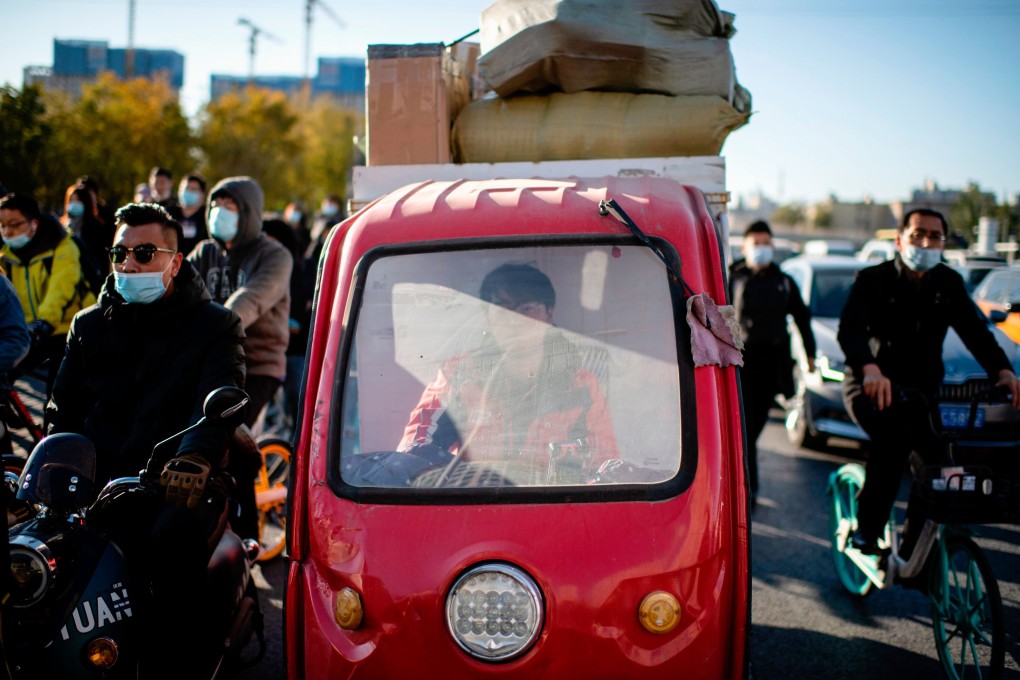Hong Kong markets gain, as UK vaccine approval, positive China services sector data fuel hopes of Covid-19 recovery
- The Shanghai Composite Index slips 0.2 per cent for its second consecutive day of declines
- Pharmaceutical stocks rise in both Hong Kong and mainland markets, lead gains among blue chips on Hang Seng Index

The Hong Kong markets rose on Thursday, as positive developments on the coronavirus vaccine front and strong economic data from China’s services sector fuelled hopes of a recovery from the pandemic.
The Hang Seng Index rose 0.7 per cent to 26,728.50. The Shanghai Composite, meanwhile, slipped 0.2 per cent for its second consecutive day of declines.
The Caixin/Markit services purchasing managers’ index (PMI), a gauge of sentiment among smaller, private companies, rose to 57.8 in November from 56.8 in October. A reading above 50.0 indicates growth. November’s reading was above a median forecast by analysts compiled by Bloomberg, which pointed to a slight decline to 56.2.
“If the vaccine is successful in the UK, and more countries follow suit, investors will start to allocate more of their liquidity into old economy stocks. The complexion of the markets will be different, [thanks to the shift] to these stocks, which have been sold down heavily for the past 12 months,” said Louis Tse Ming-kwong, the managing director of brokerage Wealthy Securities. People will want to accumulate more of old economy stocks over the next few weeks, and will eagerly await the outcome of the UK vaccinations, he added.

01:29
UK approves Pfizer-BioNTech Covid-19 vaccine for use in December